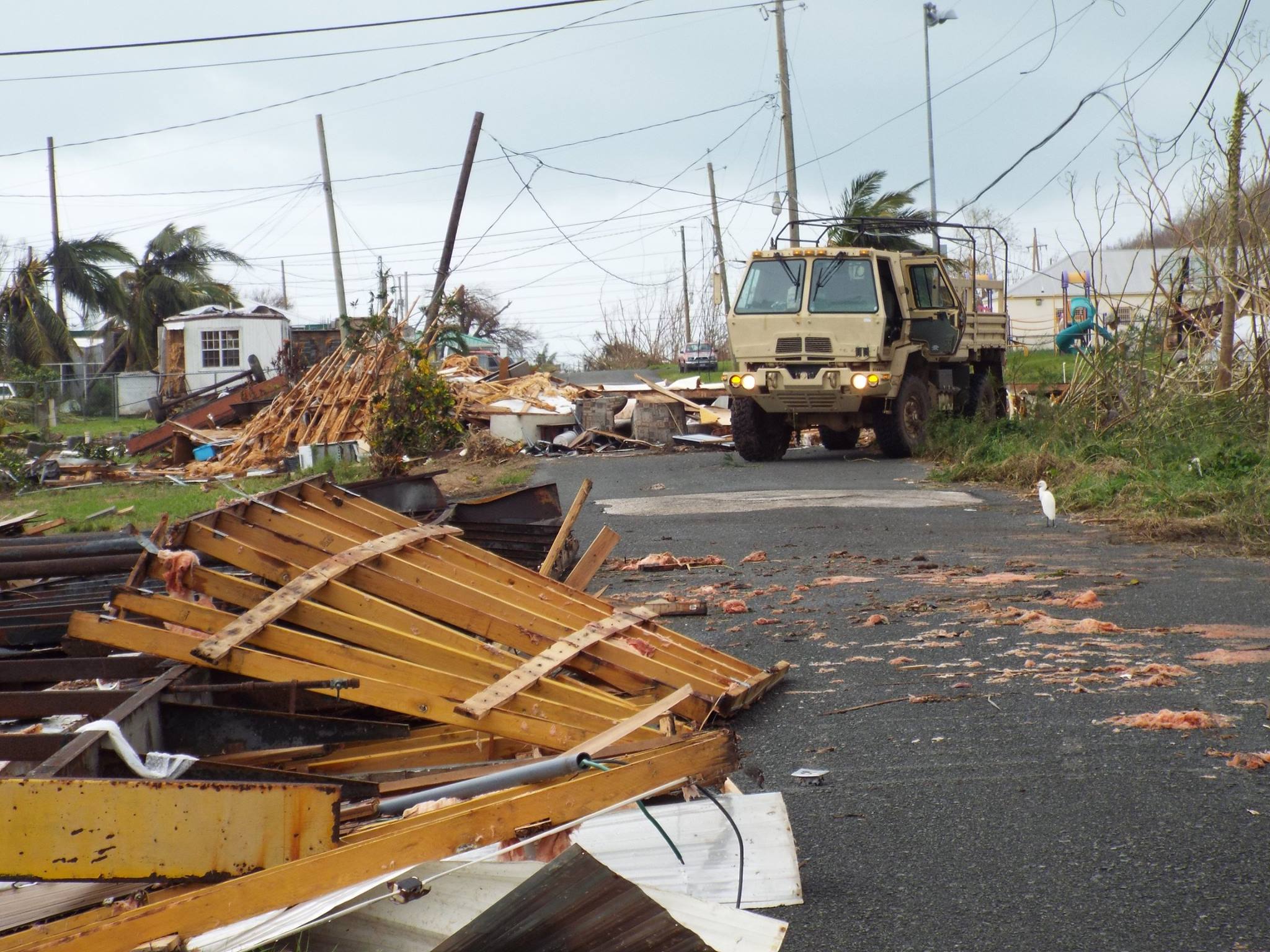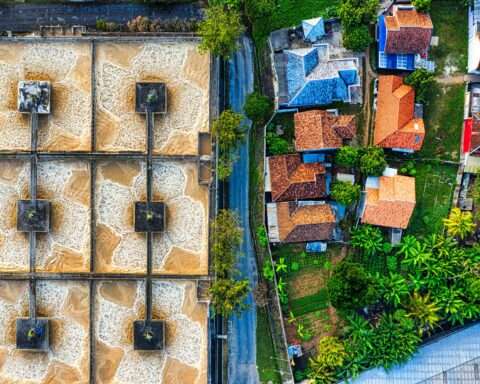The Federal Emergency Management Agency (FEMA) is obligating $3.2 billion to the U.S. Virgin Islands for the remediation and repair of infrastructure damaged by Hurricanes Irma and Maria in 2017. The funding will support projects to repair and reinforce crucial aspects of the islands’ utility, transportation and public health infrastructure.
To support disaster relief efforts, the funding will be drawn from FEMA’s Public Assistance Program, which delivers supplementary grants to expedite the response to and recovery from major disasters or emergencies. FEMA will administer grants to entities in the U.S. Virgin Islands as they pursue hurricane disaster reconstructions and integral infrastructure repairs and strengthen resilience measures in anticipation of future storms.
RELATED: FEMA selecting $715 million in projects for reducing flood damage
FEMA funding will support projects including road repaving, electrical metering system replacements, hazard mitigation, potable water distribution systems, structural repairs and power and lighting initiatives.
St. Croix, one of three major islands in the U.S. Virgin Islands, will be obligated the largest allocation of grants at over $3 billion for several infrastructure projects. The first and largest project, the St. Croix Island-Wide Unified Road Paving project, will use $1.75 billion to repair over 481 miles of island roads, including curbs, culverts and ramps that adhere to code when required.
The second largest St. Croix project is the island-wide potable water distribution system replacement project. Allocated $1.25 billion, the project will replace pump stations, water tanks, piping and fire hydrants in Christiansted and Frederiksted. The initiative will also support bringing potable water distribution systems up to industry standard.
FEMA’s disaster relief funds in St. Thomas will total over $230 million as the territory pursues two infrastructure projects. The first of which includes the replacement of electrical metering systems and the placement of composite power poles throughout the territory.
St. Thomas’ second project, obligated $57.8 million, will focus on hazard mitigation measures to increase resilience in the island’s electrical infrastructure. The project will install an additional 934 composite power poles throughout St. Thomas and increase connectivity and power for all island residents.
Other smaller projects that will be funded through FEMA’s Public Assistance Program include:
- St. Croix – $3.5 million – to repair five buildings and the grounds at the Virgin Islands Department of Education’s St. Croix headquarters.
- St. Croix – $2.5 million – to replace the intake and bubble screens for the Richmond East Potable Water Distribution Sector. The project will improve residents’ water quality and the facility’s ability to desalinate and capture foreign particles in water.
- St. Thomas – $6.3 million – to repair and harden the power grid at the Orville E. Kean campus. Partnering with the University of the Virgin Islands, the project will remove and replace solar panel LED light poles, transformers and generators on campus. FEMA also includes a $49,000 hazard mitigation proposal to protect the campus from water infiltration during a disaster.
In 2017, two Category 5 hurricanes, Irma and Maria, struck the U.S. Virgin Islands within the span of two weeks. Residents in St. Croix, St. John and St. Thomas lost their roofs and most of their possessions in the damage. Many structures and aspects of critical infrastructure were left in ruin.
Citizens in the islands still require assistance rebuilding affected communities and preventing future storm damage seven years later.
To date, FEMA has committed $15 billion for emergency and permanent infrastructure repairs caused by the 2017 hurricanes. Of that, about $1.2 billion will support hazard mitigation as FEMA attempts to break the cycle of disaster damage and full reconstruction.
Photo courtesy The National Guard













